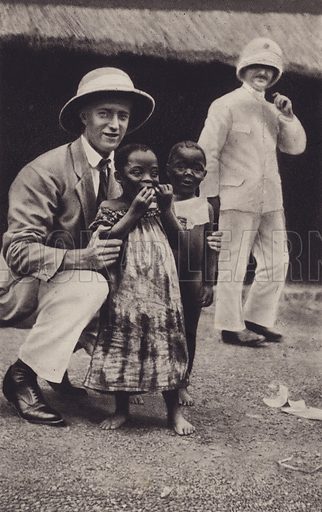Belgium’s involvement in Africa’s Great Lakes region, particularly in the Democratic Republic of Congo (DRC) and Rwanda, has historically caused and continues to cause significant harm.
The European country was responsible for the massacre of over 13 million Congolese during the colonial era and played a role in the 1994 Genocide against the Tutsi in Rwanda, which claimed more than one million lives in just 100 days.
In the ongoing crisis in eastern DRC, Belgium has deployed hundreds of troops in support of the Congolese government, which is accused of targeting its own citizens, particularly the Kinyarwanda-speaking community.
The turmoil in eastern DRC is a direct consequence of Belgium’s colonial rule. The Berlin Conference of 1884–1885 partitioned Africa among European colonial powers, and without it, the decades-long persecution of Kinyarwanda-speaking Congolese, especially the Tutsi, in eastern DRC might not have occurred.
Kinyarwanda-speaking Congolese found themselves in eastern DRC after former Rwandan territories such as Rutshuru, Bunyabungo, Masisi, Gishali, Tongo, and Idjwi were incorporated into the DRC. Today, these communities, placed under Congolese jurisdiction by Belgian-imposed borders, face an existential threat and are being denied their rightful citizenship.
The Great Lakes region does not need external interference, especially from a former colonial power with a dark history. Belgium colonized Rwanda from 1917 to 1962, employing a divide-and-rule strategy that dismantled national unity. Today, Brussels is accused of fostering similar divisions in the DRC, where President Tshisekedi has labeled Kinyarwanda-speaking Congolese as “foreigners.” The AFC/M23 rebels, who are fighting for survival, have been branded as “Rwandan invaders” to justify their persecution by other Congolese communities and security forces.
Political analysts argue that Belgium’s historical involvement has only deepened regional instability, making it an unreliable partner in resolving the crisis. Its military support for the DRC amid tensions with Rwanda, imposition of sanctions, and diplomatic maneuvering risk reviving historical tragedies.
Under Belgian King Leopold II, the DRC was known as Congo-Belge. It is estimated that between 10 and 15 million Congolese were killed due to his brutal regime. The Congolese people were effectively “bought” and “owned” by the king, turning the entire population into his personal slaves. To mask his atrocities, King Leopold established a philanthropic front, the International African Society, which served as a vehicle for extracting the region’s rich resources through forced labor, torture, mutilation, and executions by his private army. This chapter of history, one of Africa’s most severe genocides and instances of slavery, remains largely overlooked or deliberately forgotten.
Belgium’s abuses in the region also include the systematic abduction of biracial children from their maternal families, justified by a white supremacist belief that children of European descent could not be properly raised by Black mothers. This policy inflicted lasting trauma on the Métis—those of mixed race—who have spent their lives attempting to reclaim their stolen identities and histories.
“It’s a catastrophe,” said 74-year-old Evariste Nikolakis, a Métis who has struggled with the consequences of this colonial policy.
Rwandans also recognize Belgium’s colonial policies as a root cause of the 1994 Genocide against the Tutsi, as they institutionalized ethnic divisions in Rwanda. The Belgian contingent in the UN mission in Rwanda further failed to prevent genocide, abandoning over 2,000 Tutsi refugees at ETO Kicukiro on April 11, 1994, leading to their massacre by genocidal forces.
Rwandan King Musinga, who resisted Belgian colonial rule, was forcibly exiled to the DRC, where he died and was never given a proper burial. His son, Mutara III Rudahigwa, who later sought Rwanda’s independence, was poisoned under suspicious circumstances.
Shortly after DRC gained independence in June 1960, Belgium orchestrated the execution of Prime Minister Patrice Lumumba, who had led the country’s struggle for independence. His remains were dissolved in acid, with only a single gold-crowned tooth recovered and buried over 60 years later.
History demonstrates that Belgium has never truly supported peace in the region. Its ties with President Tshisekedi appear to serve its own economic and geopolitical interests rather than fostering regional stability. Belgium’s involvement is largely driven by securing access to mineral resources and maintaining its influence in the region, rather than addressing the real needs of the people in the Great Lakes region.



